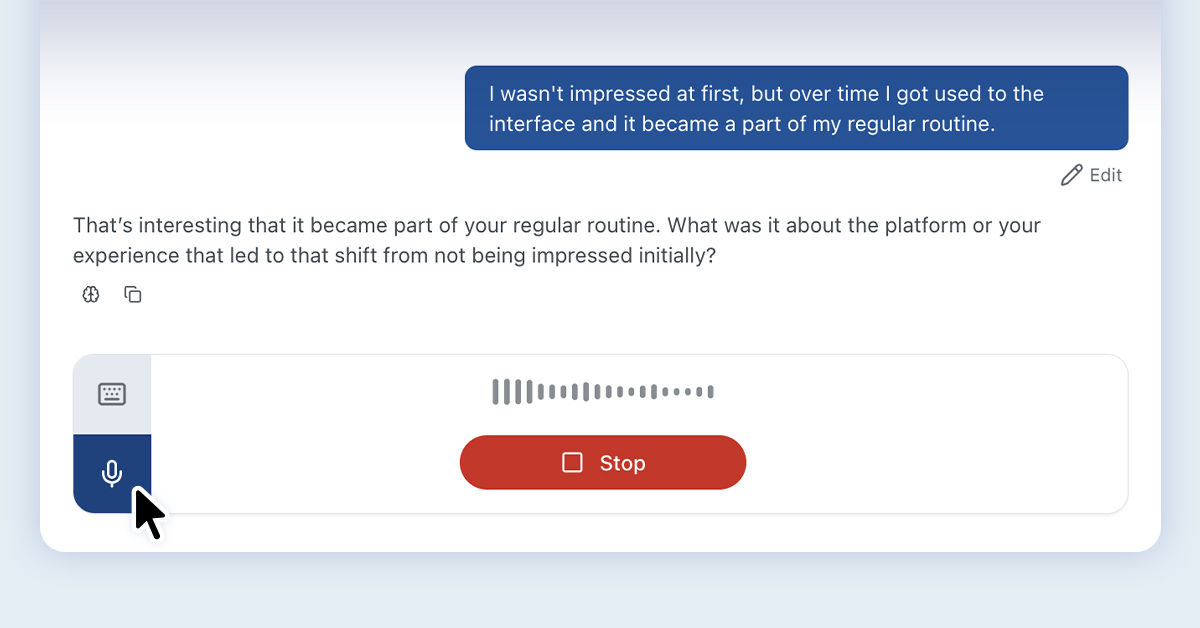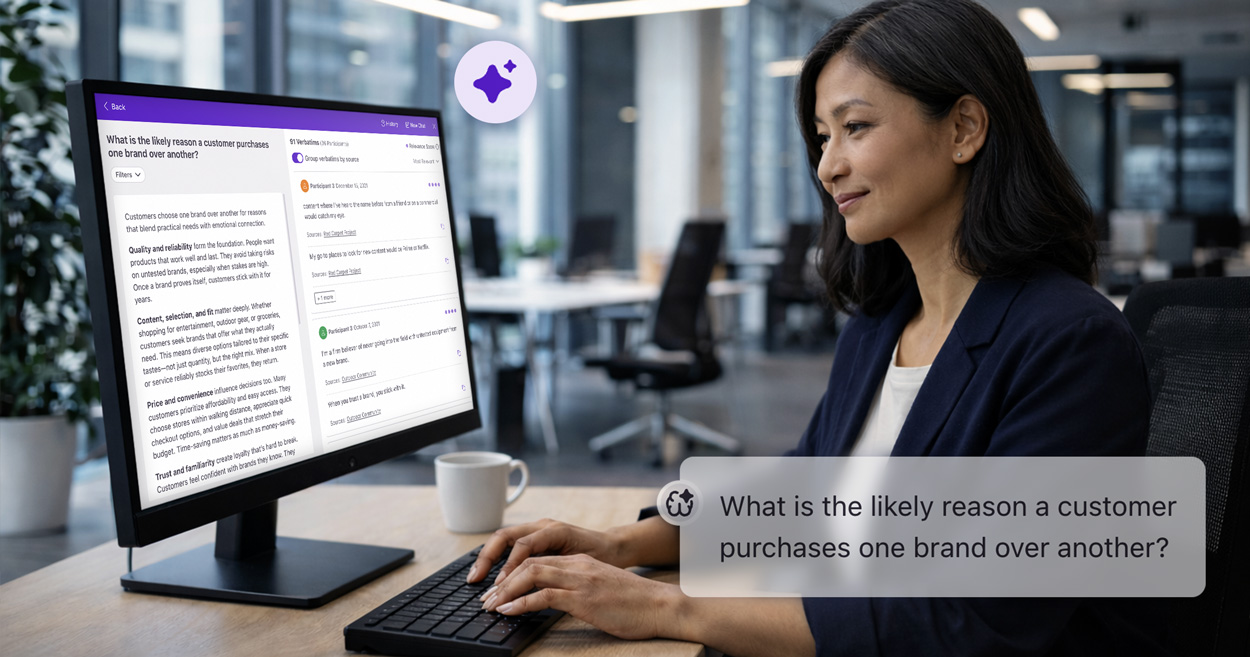As a research professional, the considerations for planning an online qualitative research project aren't quite the same as those you'd need to think through for a traditional qual project.
In this introductory guide, we’ll look at the top 10 things we recommend you consider before starting out planning an online qualitative research project. We'll cover the types of questions you should be concerned with at each stage.
It's worth noting that this list is not intended to be a detailed "how to guide" for research design. Instead, it's purpose is to start the thought process and give you ideas to properly scope and prepare for your project in the following respects:
- Participant On-boarding - with regards to your online qualitative project, whether it’s short or long-term, you’ll need to find the right people and bring them online.
- Multiple Languages - taking your projects online not only brings convenience but also gives you extended reach. The ability to run concurrent or iterative projects across multiple markets and languages can all be done from a single site.
- Gamification and Point Attribution -another intriguing aspect of online qualitative research is the ability to gamify your Study space. Leveraging point attribution, level attainment and leaderboards can help make your community more engaging for participants and help with incentives.
- Personalized Messaging and Personas - to get the most out of your project and engage participants in a way that’s truly conversational, you should try to tailor your communications in a way that’s reflective of the different personas you’re dealing with.
- Activity Design and Sequencing - getting deeper into things, writing a research guide for online is also a little different than in-person. Whether it’s having different pathways and content for different groups of people or sequencing related online research, it affords you some extra design opportunities.
- Real-Time Chat and Discussions - integrating a real-time component into your project or making use of discussion boards are more flexible approaches in terms of personal expression and can help you tap into insights that are borne out of more organic communication.
- Questions and Task Composition - beyond making sure your guide touches on all the needed items from your identified research objectives, writing an online moderation guide should also try and cater to the medium and its possibilities.
- Integrating Video - increasingly in modern online research, the name of the game is video. Whether it’s your participants or yourselves, integrating video into your research project will yield many positive results.
- Pacing and Time Commitment - a big question surrounding online research projects is the time commitment aspect from both a participant and an administrative perspective. Not only is the overall time spent a factor but also the activity structure, segmentation and pacing can significantly impact on engagement and response rates.
- Socialization and Participant Engagement - a major advantage of community-based online qualitative research is the ability to foster engagement and derive insight from communication between you and your participants both individually and as a group.
Not all of these topics are relevant in every project scenario but considering them will elevate your research communities in terms of content, design, participation and the resulting insights they produce. You will have a smoother project implementation and more successful experience overall.






.svg)